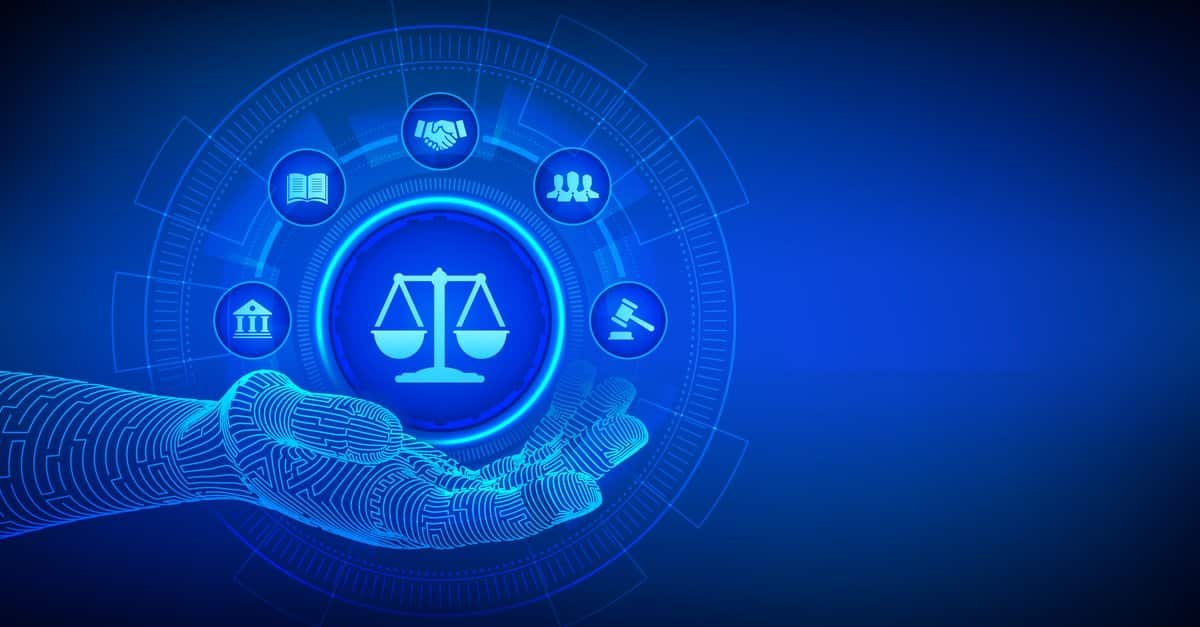The Beatles famously sang, “I get by with a little help from my friends.” But if they had made a song about personal injury law firms instead, they’d have to change the lyric to “[w]e get by with a lot of help from our paralegals.” Personal injury paralegals are the backbone of personal injury law firms—with good ones (effective and efficient personal injury paralegals), your firm can run; but with bad ones, your personal injury practice will remain stuck. So how do you find an effective litigation paralegal for your firm?
Don’t worry about it…we’ll be your support on this one. Whether you’re looking to hire more paralegals or trying to figure out ways to improve the efficiency of your current support staff, you’re going to want to keep these 5 traits of successful personal injury paralegals in mind.
Before we get started, what does a personal injury paralegal do? Yikes! If you don’t know this one, then you’re going to need more than a blog to help you out. But here’s a small sample of what your paralegals do for your firm everyday: prepare documents, create trial notes, manage medical records and bills, stay on top of your docket, schedule meetings, interview clients/witnesses, research and investigate case facts (and case law)…basically they do everything. And because they do so much, you want to make sure they can do it effectively and efficiently. Here’s what you should look for in a personal injury paralegal for your firm:
1. Look for an informed paralegal:
As you know, the law is constantly (and quickly) changing and you’ve got to stay on top of it all…but you’re not alone, so do your paralegals. You should seek out support staff with a thirst for knowledge and encourage them to drink up that knowledge by taking part in continuing legal education (CLE) classes; after all, paralegals are a critical part of the ligation process. It’s important they’re up to speed on the latest case law, ethical standards, and industry changes… so you don’t have to waste time getting them up to speed in critical moments or slowing you down with mistakes that could have easily been prevented.
2. Look for a great communicator:
In many ways, paralegals are the face of your firm. They have to interact with opposing counsel, medical experts, current and prospective clients, and more—so it’s important they have great communication skills. They need to be compassionate and ask the right questions—and they also need to be good listeners. After all, many times, if they don’t get the right information, then you don’t get the right information. Pay attention to how they communicate with you (and what they retain) during interviews or meetings…and it might just give you insight into how they’ll handle interactions with other parties.
3. Look for a great researcher:
Every great motion, brief, argument, etc. starts with one thing…no, we’re not talking about you—we’re talking about research. And that research often starts with paralegals—because research and investigation are pillars of the paralegal profession. Effective paralegals can find you the file you want or the case law you need with efficiency…and if it doesn’t exist, they can let you know that quickly too. Think of paralegals as your police escort—getting rid of roadblocks on your way to your destination (i.e., victory for your clients).
4. Look for an organized personal injury paralegal:
If this one’s a surprise, then you may want to reorganize your thinking. One of a paralegal’s main duties is keeping track of deadlines and making sure you never miss them. Your paralegals should know their way around a calendar, so you never find yourself working in the past…or past due. After all, if they don’t have a firm grasp on your practice’s filings and meetings, then you may be way overdue for change.
5. Look for a technophile:
This doesn’t mean that your support staff needs to be able to write code, but they shouldn’t need a tutorial just to write an email (…think the opposite of your grandparents trying to FaceTime). Personal injury case management software has evolved exponentially (from Bankers Boxes to onsite servers to cloud computing), so you need a personal injury paralegal that has evolved with the times too.
And speaking of changing with the times, CloudLex, our next-gen cloud-based legal platform, is at the forefront of legal technology. Sign up for a free demo now so you and your paralegals can take advantage of our groundbreaking efficiency features…and, well, become more efficient (and effective).
Also Read:
1) Legal Case Management Software──Answers to the Key Questions on Ethics and Cloud
2) Clean Up: Better Organize Your Personal Injury Cases with CloudLex®
3) Don’t Drop the Ball: Top Legal Technology Trends in 2020 for Personal Injury Lawyers

